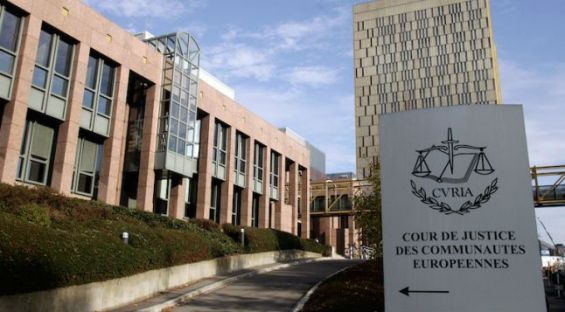Since December 2016, importing products from Western Sahara was abiding by the ruling pronounced by the European Court of Justice. Following a complaint filed by the Polisario front, the court suspended an agricultural trade agreement between the European Union and Morocco because it included Western Sahara within its territory. Since then the Kingdom has been involved in a set of negotiations to find a solution knowing that the political conflict was still ongoing and was managed by the United Nations.
According to an article published by Forbes in 2016, the four-year-old agreement between the Kingdom and the EU «covering trade in agricultural and fishery products should be scrapped» which pushed Morocco to react by suspending the cooperation with the EU for several months. The same source stated that «the EU and Morocco is worth €37bn a year and 63 per cent of Moroccan exports go to the EU. In addition, the EU is providing aid worth €728m-890m a year over the period 2014 to 2017. Morocco also sells fishing rights in its Atlantic waters to EU boats».
«Denmark supports the negotiations between the European Commission and Morocco»
Recently however, Denmark appeared to be one of the European countries encouraging the negotiations between the European Commission and Morocco. In a declaration reported by the MAP news agency, the Danish Minister of Foreign Affairs has indicated, on the 17th of July during a working session in the Danish parliament, that importing «Western Sahara products is legal and does not violate the international laws since the population of the region is benefiting directly from the local resources».
Contacting the Danish Ministry of Foreign Affairs, the latter told Yabiladi that «according to the European Commission, the verdict reached by the Court of Justice of the European Union the 21st of December 2016 concerning the agreement between the EU and Morocco, does not imply a ban on imports of products originating in Western Sahara». While the Minister spoke of a ban, according to the MAP news agency, the Danish Ministry of Foreign Affairs insisted that «Denmark supports the negotiations between the European Commission and Morocco to ensure that products from Western Sahara will enjoy previous tariff preferences to the benefit of the local population.»
The phosphate cargo crisis
These declarations come amidst another Western Sahara crisis. On the 1st of May, a Moroccan phosphate ship was detained in Port Elizabeth, South Africa due to a civil maritime court order. The vessel carrying 50,000 tones of phosphate rocks was on its way to New Zealand when it got stopped by the South African authorities. The seizure was carried following a complaint filed by the separatist front. The high court in Port Elizabeth, South Africa has pronounced on the 15th of July its ruling. According to Western Sahara Resource Watch, a network close to the separatist front, the latter has won the first round of the court case claiming that «the detention of NM Cherry Blossom on 1 May 2017 was correct».
On the other hand, a Panamaian court rejected a claim issued by the Polisario front to block a Danish vessel that was carrying OCP phosphate rocks stating that the there was no evidence the cargo belonged to the group, the Moroccan company said on Thursday 8th of June in a statement. On the 17th of May, the Danish vessel Ultra Innovation that was carrying a phosphate cargo to Canada «has been detained by a national court» in Panama. The separatist front has filed a claim to hold the ship which was released five days later.




 chargement...
chargement...












